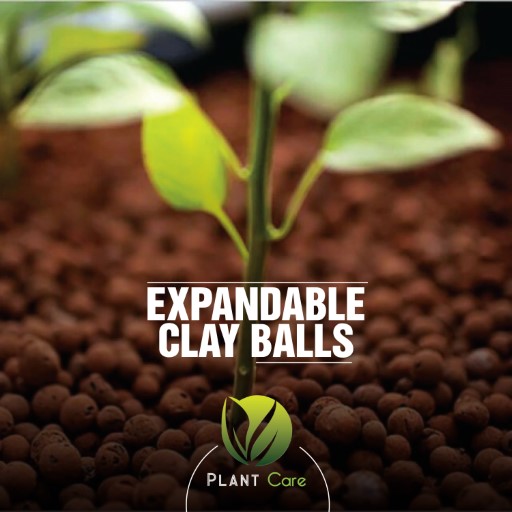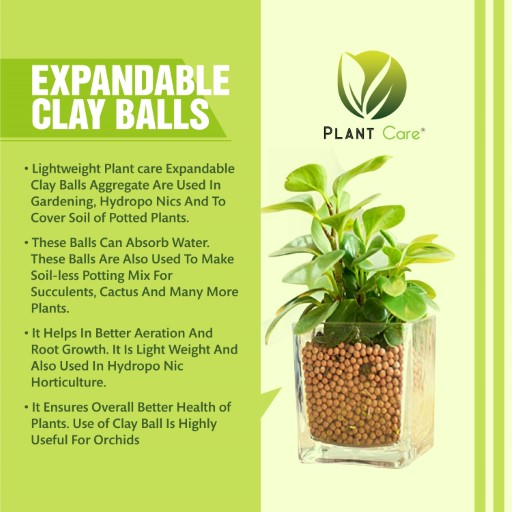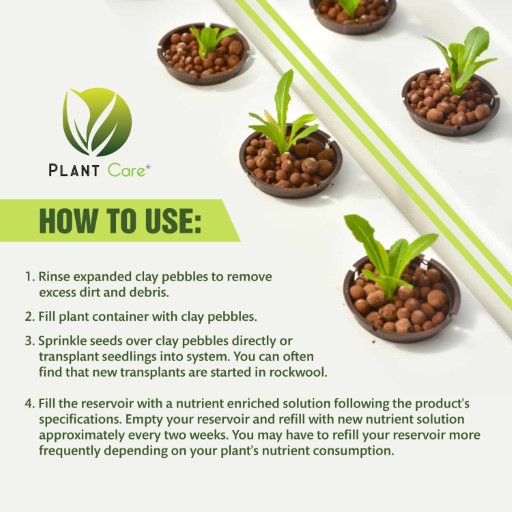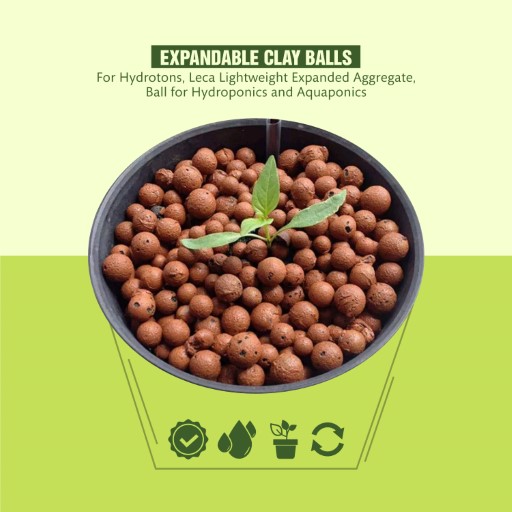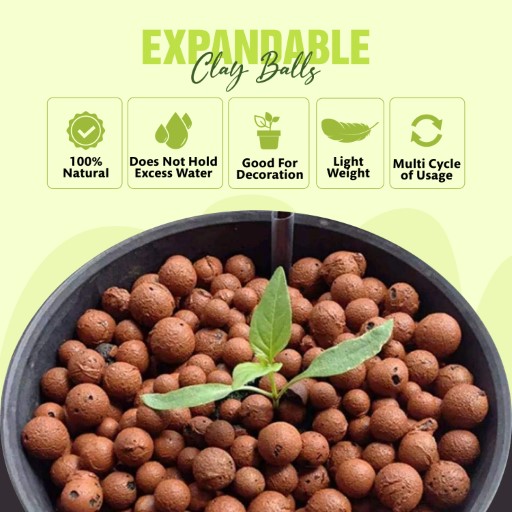ChatGPT
Clay balls, also known as hydroton or expanded clay pellets, are lightweight, porous spheres made from clay that has been heated to high temperatures. They are commonly used in hydroponic and aquaponic systems, as well as in soil-based gardening. Here are their uses and description:
Uses:
-
Hydroponic Growing Medium: Clay balls are widely used as a growing medium in hydroponic systems. They provide support for plant roots while allowing for ample aeration and nutrient uptake. The porous structure of clay balls also helps to retain moisture, ensuring that plants have access to water and nutrients.
-
Aquaponic Systems: In aquaponics, clay balls serve as a medium for growing plants while also providing a habitat for beneficial bacteria. These bacteria help to break down fish waste into nutrients that can be absorbed by the plants, creating a symbiotic relationship between the fish and the plants.
-
Soil Amendment: Clay balls can be mixed into soil to improve its structure and drainage. When added to heavy clay soils, they help to break up compacted areas and improve aeration, allowing for better root growth and water penetration.
-
Potting Mix Component: In container gardening, clay balls can be used as a component of potting mixes to improve drainage and prevent soil compaction. They help to create a lighter, more airy substrate for potted plants, reducing the risk of overwatering and root rot.
-
Mulch Alternative: Clay balls can be used as a decorative mulch in garden beds and containers. Their light color and uniform appearance can add visual interest to the garden while also helping to retain soil moisture and suppress weed growth.
-
Seed Starting: Clay balls can be used as a seed starting medium to support seedlings as they germinate and grow. Their porous structure provides a stable environment for young roots to develop, reducing the risk of transplant shock when seedlings are moved into larger containers or the garden.
-
Erosion Control: In landscaping and erosion control applications, clay balls can be used to stabilize soil on slopes and prevent erosion. Their lightweight yet durable nature makes them ideal for creating erosion-resistant barriers that protect vulnerable areas from the effects of rain and wind.
-
Decorative Use: Clay balls can be used decoratively in terrariums, fairy gardens, and other ornamental displays. Their natural appearance and texture add visual appeal to indoor and outdoor arrangements, creating a naturalistic look that complements a variety of plantings.

